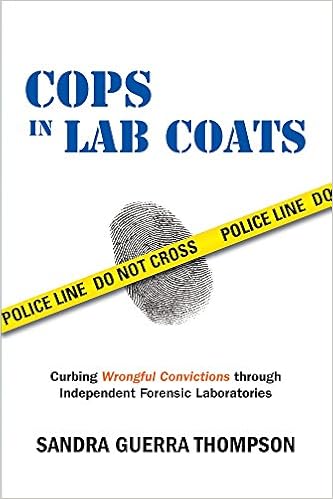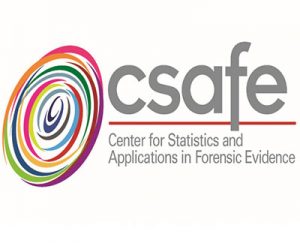
Yesterday we featured Valena Beety’s review of Sandra Guerra Thompson’s new book. Below are some of my reactions to a central narrative in the book.
“Houston, we’ve had a problem here.” The actual line was in past tense, says NASA astronaut James Lovell from the hair-raising Apollo 13 mission, in which improvisation and ingenuity dramatically saved the lives of those on board. The feats of scientists who labor in the criminal justice system can be equally heroic if less visibly so, outside the realm of CSI shows and fictional portrayals.
The Houston crime lab had its own time of crisis. The response and rebuilding says much about fortitude and response to errors. Professor Sandra Guerra Thompson’s new book, Cops in Lab Coats, explores a crime lab in turmoil and its rebirth as an independent crime lab.
Beginning in 2002, the work of the crime lab began to receive close scrutiny. A man named Josiah Sutton was wrongful convicted in 1999 based on faulty DNA testing by the lab. The entire DNA unit was shut down and hundreds of its cases retested.
Then still more explosive information surfaced. The serology work in the case of George Rodriguez was uncovered to have been flawed. Rodriguez was exonerated by DNA testing himself after having spent 18 years in prison. Now it was not just the DNA unit, but the entire serology unit, with many more thousands of cases, was under scrutiny.
In 2005, the City of Houston chose Michael Bromwich to lead a team to audit the lab; he had led an inquiry into the FBI’s crime lab and handling of hair comparison cases in the 1990s. The audit reports that Bromwich’s team compiled themselves make fascinating reading and all are available online.
What happened in the wake of this comprehensive audit, over several years? Hundreds of cases were reopened and many found to have been flawed. The DNA unit was shut down again in 2008. The entire lab was restructured in 2012 as an independent crime laboratory, supervised by a nine member Board. The lab has been renamed the Houston Forensic Science Center (HFSC). By Thompson’s account, the lab has since been reinvented and transformed. Read her book to hear what happened and what the rewards have been at the lab since its establishment of an independent “research culture.”


Leave a Reply